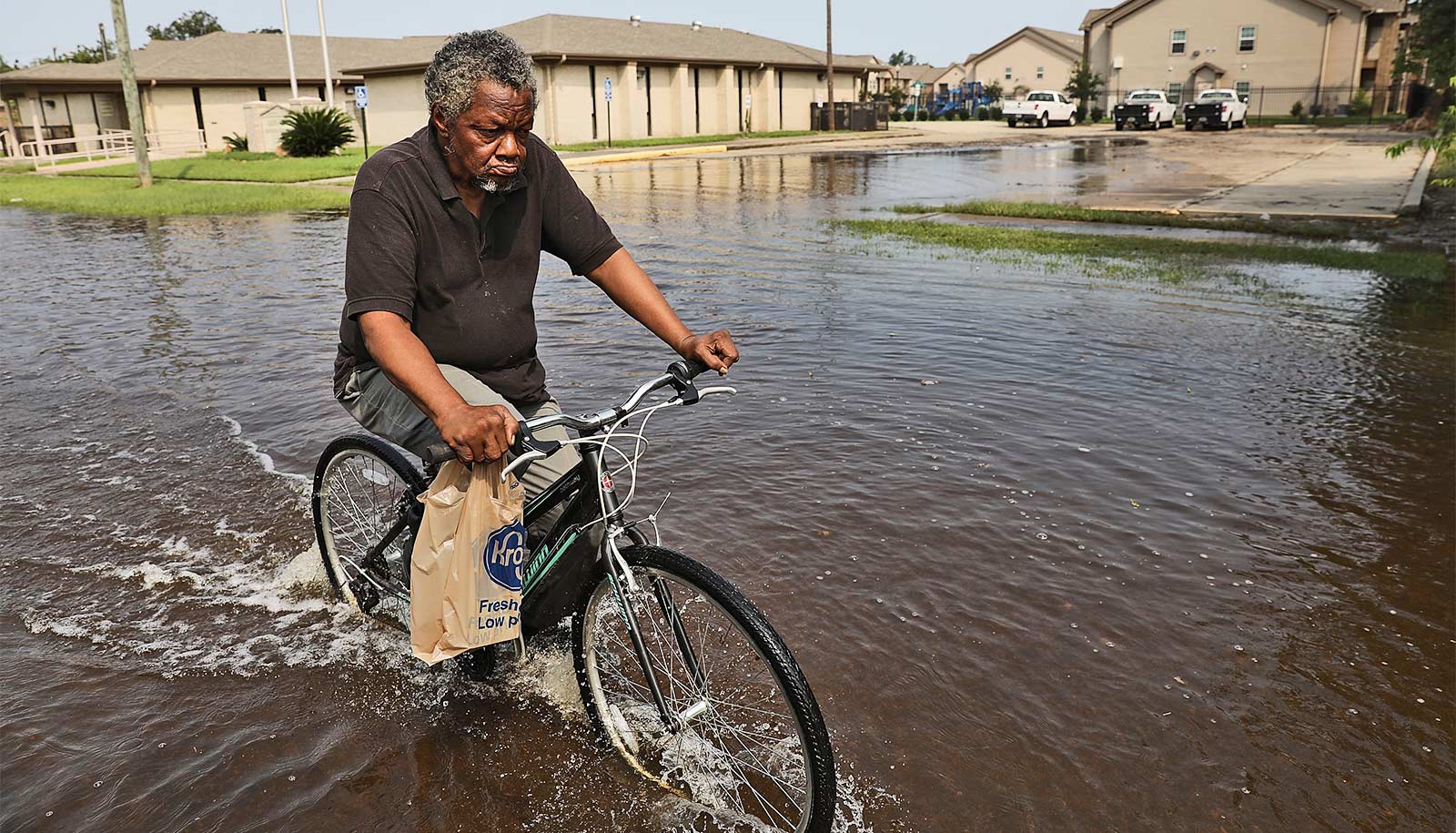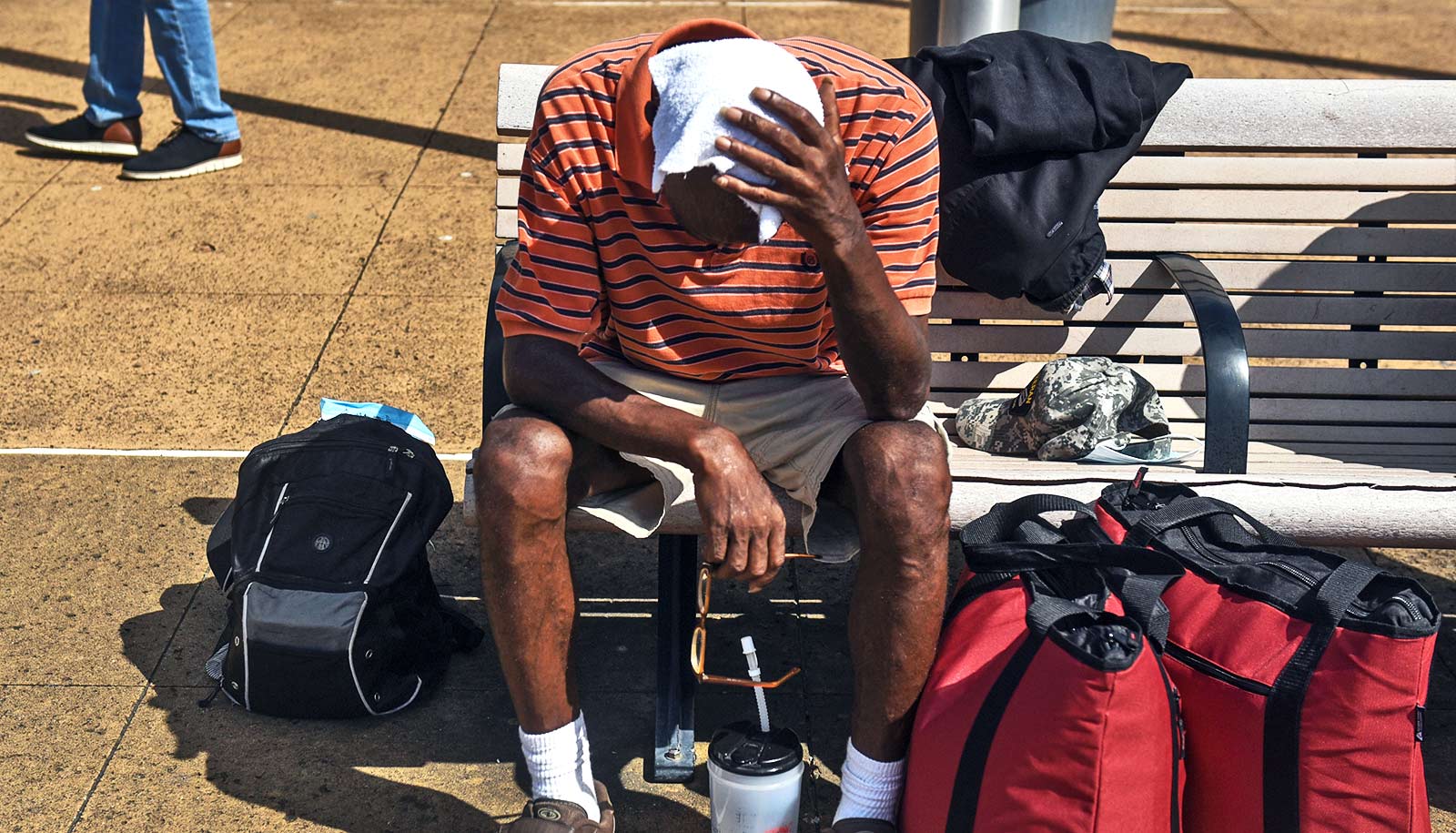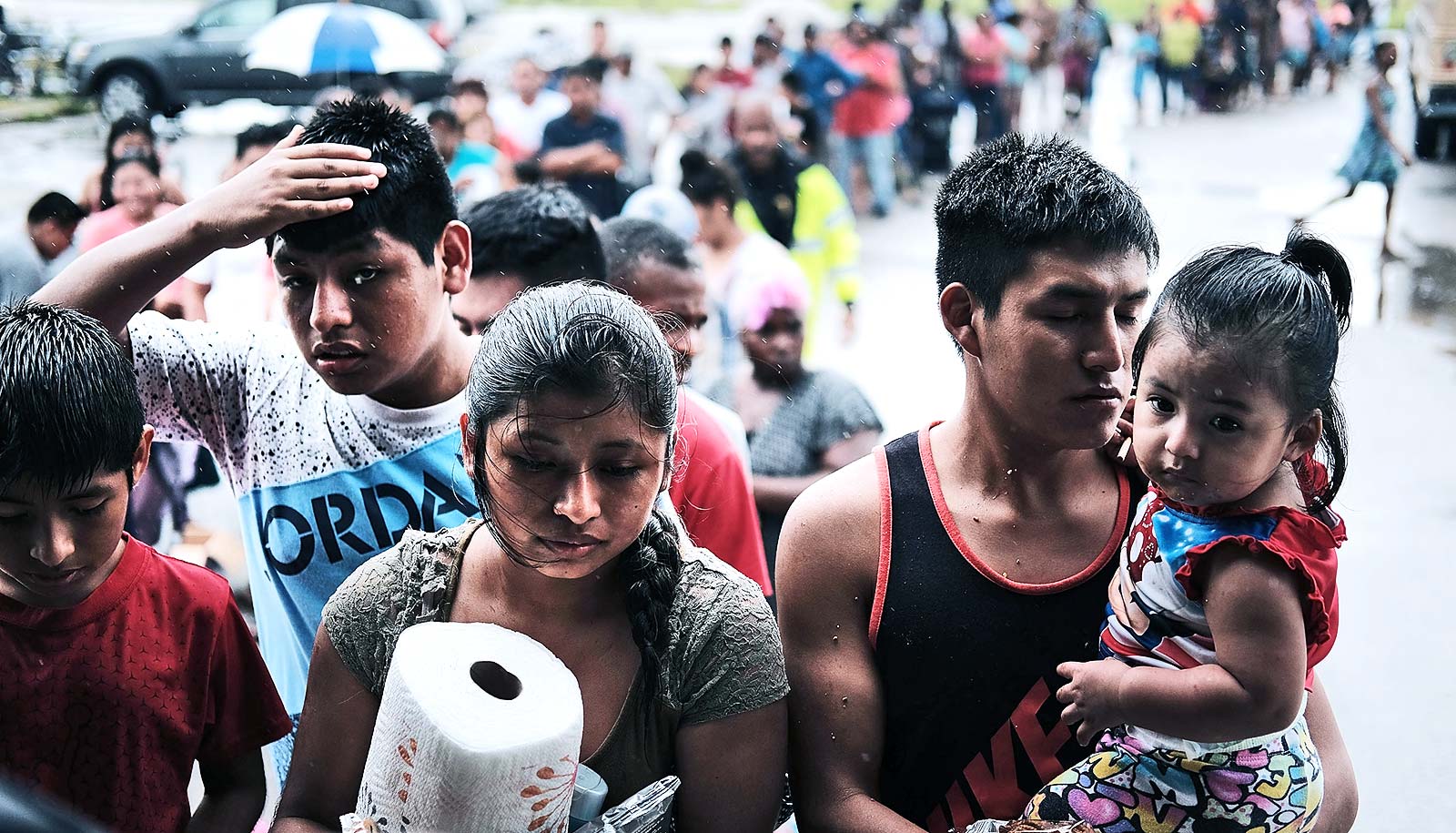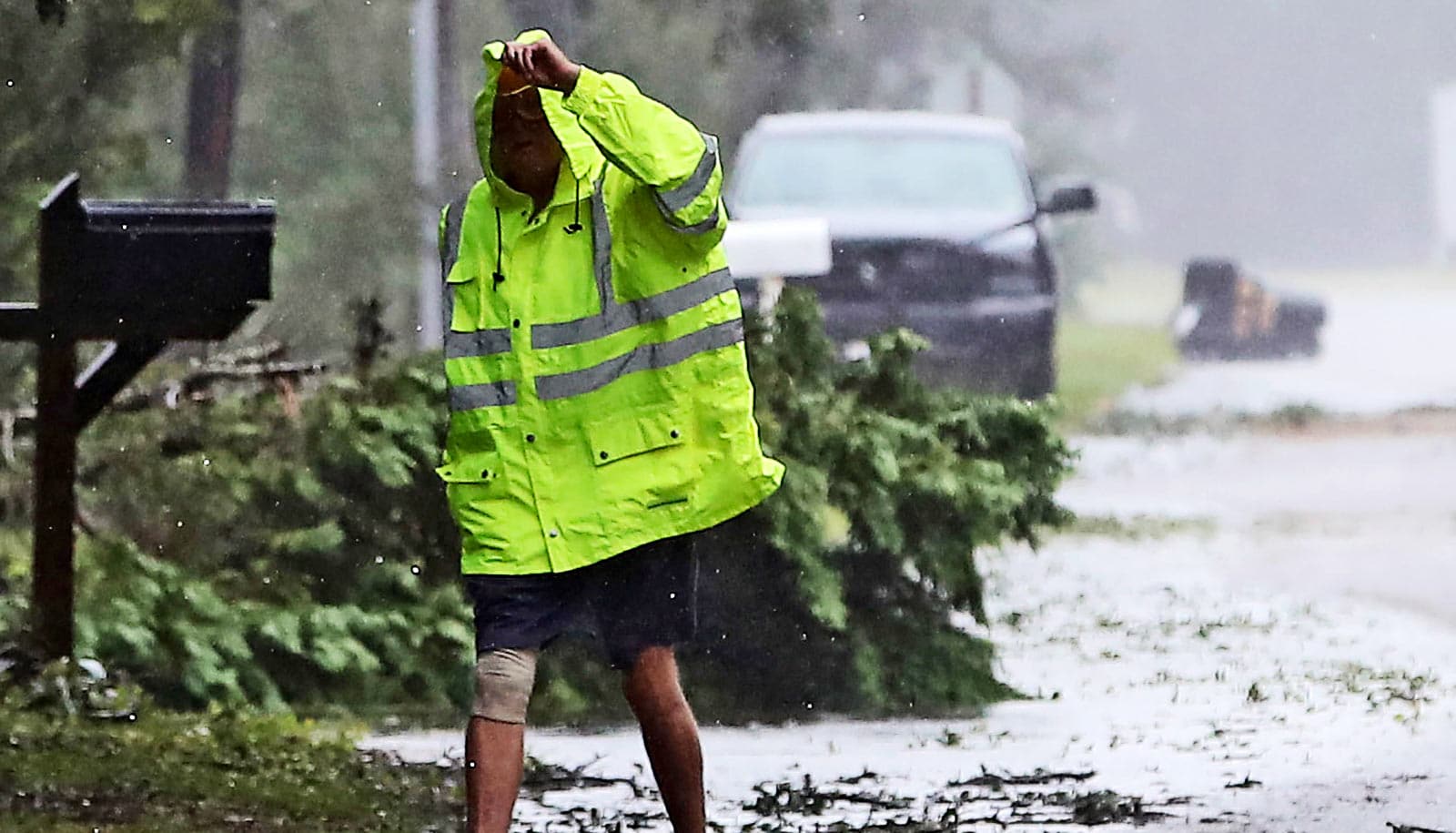The many personal, physical, and social impacts of natural disasters disproportionately affect Black people, new research shows.
The paper, published in the journal Environmental Sociology, explains how disaster affects residency, transportation, health, employment, and social ties by examining data collected following 2017’s Hurricane Harvey.
The findings also show how such events can have political consequences for local governments regardless of constituents’ political ideology.
“These disaster impacts create a uniquely extensive and multiplied set of challenges,” says coauthor Alex Priest, a doctoral student at Rice University.
Priest and coauthor James Elliott, a professor of sociology, theorize that Black people and their close family and friends were affected more significantly because racism has long excluded them from equal access to a wide range of social resources, including but not limited to housing, secure employment, reliable transportation, healthy environments, and quality health care.
In addition, the researchers examined the reactions of affected individuals to local government’s past, present, and future efforts to protect Houstonians’ homes from flooding. Many of these people also had family and/or friends who were affected. The researchers asked survey respondents to rate how development regulations shaped the storm’s impact, how well the local government protected Houston homes from flooding, and how prepared the local government is for future natural disasters.
Responses overwhelmingly indicated that residents personally affected and who had family or friends affected strongly believed that additional regulations on development would have reduced storm damage and that local government did a poor job of protecting homes in general. Furthermore, respondents expressed these dissatisfactions regardless of their political ideology.
However, the researchers found that political ideology rather than people’s experience during Hurricane Harvey shaped their view of local government’s preparedness for future natural disasters.
“It could be that the longer one stretches their imagination into an unknown future, the more their political ideology influences their assessment of local government, rather than their recent experience of a catastrophic event,” Priest says.
Priest and Elliott also believe conventional methods of assessing vulnerability and impact don’t go far enough.
“Simply put, they focus too narrowly on physical consequences, such as housing damage, and unwittingly flatten our understanding of the widespread impacts of social marginalization,” Elliott says. “The social impacts of a changing climate cannot be understood just by examining social vulnerability metrics and property damage assessments.”
“More complete frameworks are needed to look at the many different ways in which disasters affect residents, particularly those within marginalized communities,” Priest says. “By doing so, researchers and disaster managers can better address the inequality of climate-driven disasters.”
Source: Rice University



